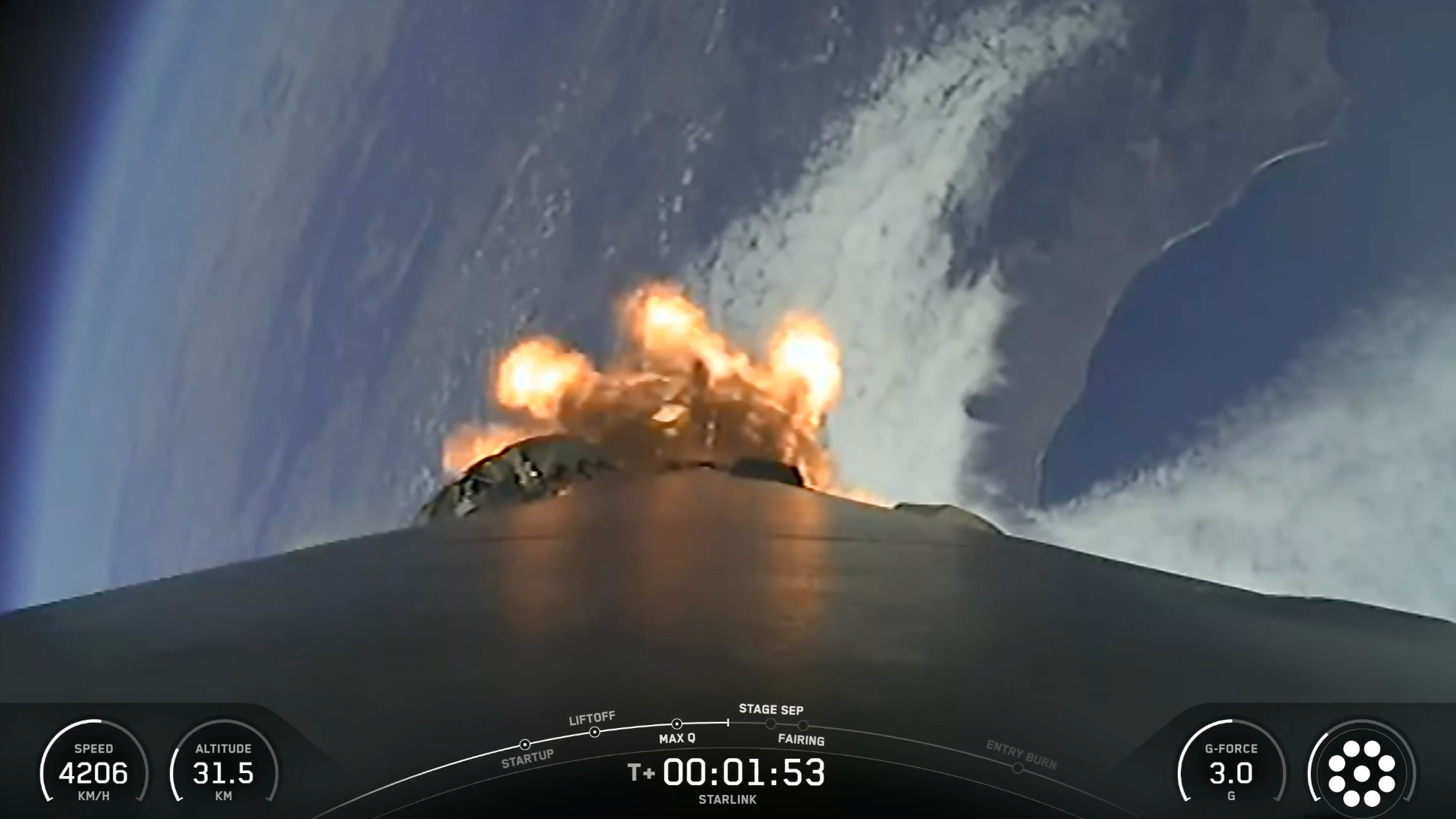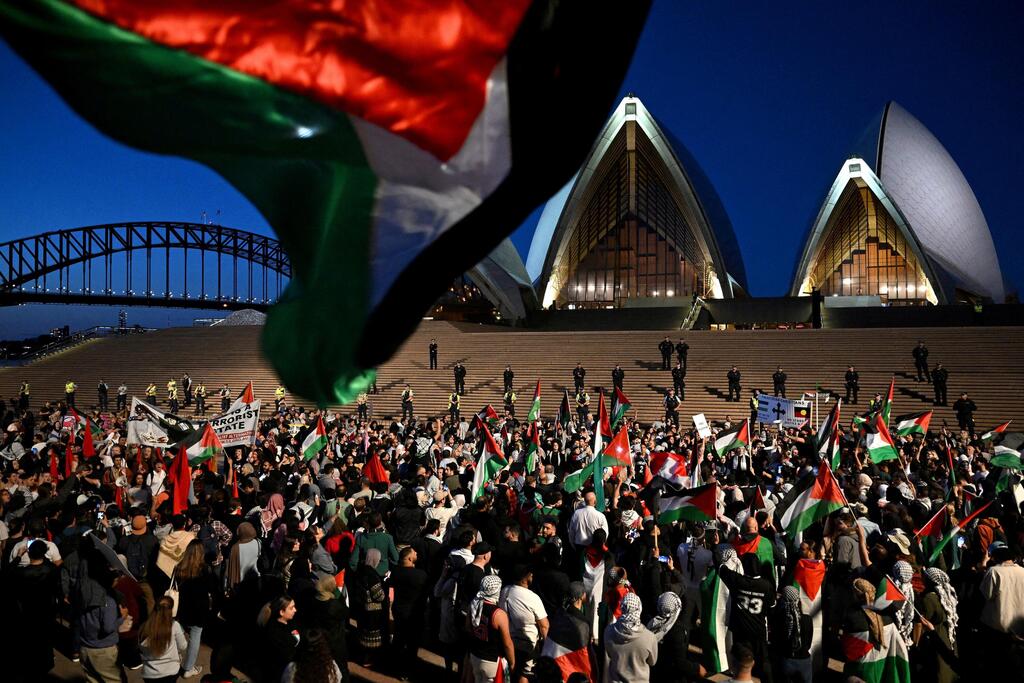Amidst the sun-drenched beaches and azure waters of Jamaica’s southern coast lies the Calabash International Literary Festival. Crowds flock to this idyllic location, nestled in a giant tent facing a breathtaking stage, to listen to a variety of literary programs. The opening night includes a lively reggae concert that proceeds until the wee hours of the morning. By 10 a.m., more than a thousand people have already occupied the seats, eagerly anticipating the literary discussions.
Founded in 2001, the Calabash Festival has played an essential role in promoting international literary festivals. Its unique combination of literary discussions and ocean-side festivities has made it a sought-after destination for readers and writers alike. The COVID-19 pandemic forced the festival into hiatus, emphasizing the importance of an in-person experience, and consequently reigniting the public’s eagerness for the return of literary festivals.
There has been a proliferation of literary destination festivals across the globe, each with its distinctive local identity and the formula for evolving emerging authors onto the world stage. For instance, Janet DeNeefe, after the bombing of Bali in 2002, established the Ubud Writers and Readers Festival to “provide a boost, both economically and emotionally.” PEN America’s World Voices Festival started in New York in 2004 to bridge global divides after 9/11, while the Aké Arts and Book Festival in Nigeria was founded in 2013, offering an “empowering” environment for African writers.
The Calabash Festival has played a significant role in developing local writing workshops to help writers navigate publishing challenges and create a pipeline for Jamaican writers. A generation of new writers has emerged from these workshops, and they are finding their way onto the world stage. Marlon James, who won the Booker Prize in 2015 for his novel “A Brief History of Seven Killings,” attributes much of his early success to the Calabash leaders.
The festival boasts impressive alumni, with author Linton Kwesi Johnson admitting, “Something happens here that happens no place else,” and holds this event as an “addictive” experience. The festival continues to nurture new talent, provides a platform for local and global artists and offers a significant contribution to literary tourism.
The final Sunday, marked by passionate readings, lively music and scents carried on the ocean breeze, brings about a sense of reverence. Joyce Carol Oates, a renowned author, took to the stage to discuss the writing life, Mike Tyson, Marilyn Monroe, and more. She applauded the importance of local writers and literature, declaring “The regional is universal,” while marvelling at the stage and audience’s beauty.









_(3).png)





